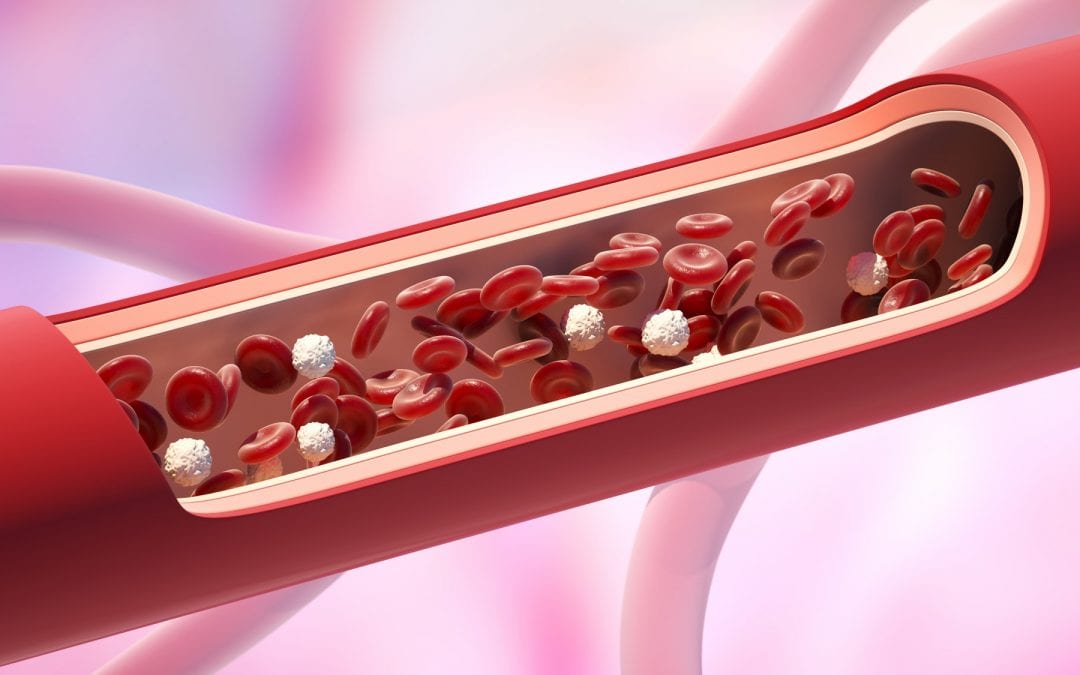Vasodilation is the widening of blood vessels and happens when an increase in blood flow is needed. It’s normal but may also be a sign of health issues.
Causes of vasodilation
Alcohol
- Immediately causes vasodilation
- Causes a feeling of warmth, sweat, or flushed skin
Exercise

- Muscle cells consume energy as you exercise
- Vasodilation happens as the muscles need more nutrients and oxygen
Inflammation
- Caused by injuries, disease or conditions
- Vasodilation lets blood flow to the affected area
- Causes heat and redness
Temperature
- Thermoreceptors detect changes in temperature around you
- Vasodilation happens when there’s a higher amount of warmth in the environment relative to cold
- It dissipates any excess warmth
Medications
- Vasodilators, like Viagra, cause vasodilation
- Used to treat a few conditions, such as high blood pressure
Vasodilation and hypotension
Vasodilation leads to a drop in blood pressure. Hypotension is when blood pressure becomes abnormally low.
While it may not affect some people, others may feel:
- Dizziness
- Nausea
- Fainting
Hypotension can be life-threatening at extreme levels. The following conditions can cause hypotension:

- High blood pressure medications
- Dehydration
- Anaphylaxis (severe allergic reactions)
- Severe infection
- Blood loss
Conclusion
Vasodilation happens naturally when there is:
- A decrease in available nutrients
- Increase in temperature
- Low oxygen levels
It causes:
- Widening of your blood vessels
- Increases blood flow
- Lowers blood pressure
Vasodilation can be harmful in:
- Strong inflammatory responses
- Allergic reactions
- Severe hypotension
Age and weight can negatively affect vasodilation. Vasodilation can be helpful when it comes to treating conditions like high blood pressure and high altitude sickness.

